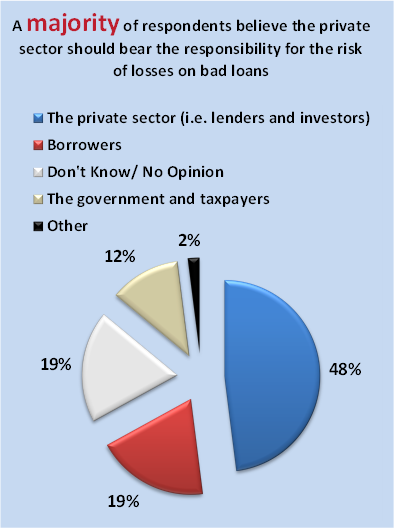USMI STATEMENT ON FHFA 2015 SCORECARD PROGRESS REPORT
Today, the Federal Housing Finance Agency (FHFA) released its 2015 Scorecard Progress Report for activities undertaken at the government housing enterprises, Fannie Mae, and Freddie Mac. USMI welcomes the focus of FHFA on credit risk transfer (CRT) over the last three years, but urges FHFA and the Government Sponsored Enterprises (GSEs) to further advance efforts to reduce taxpayer risk through greater up-front risk sharing with the private sector, including private mortgage insurers (MIs).
“Importantly, the report recognizes the accomplishment of finalizing new private MI master policies that provide greater clarity on payment of claims, and the Private Mortgage Insurance Eligibility Requirements (PMIERs), the new capital and operating standards for MIs. Both of these affirm the reliability of MIs as risk sharing counterparties,” said Lindsey Johnson, President and Executive Director of USMI.
The report also shows that, while progress has been made, the amount of risk sharing still remains relatively small, meaning more can be done to de-risk GSEs with private capital, which would directly reduce pressure on GSE capital and the need for any future taxpayer assistance. Further, the report conveys that the vast majority of transactions occur on the backend. USMI remains committed to working with FHFA and the GSEs on specific steps to increase the amount and levels of credit risk transferred from the GSEs to private capital and to take greater advantage of the benefits of front-end risk sharing with MI.
###
U.S. Mortgage Insurers (USMI) is dedicated to a housing finance system backed by private capital that enables access to housing finance for borrowers while protecting taxpayers. Mortgage insurance offers an effective way to make mortgage credit available to more people. USMI is ready to help build the future of homeownership. Learn more at www.usmi.org.











